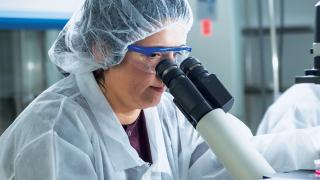
Edwin Manuel Lab
Research Lab Overview
Our laboratory is focused on novel strategies to enhance delivery and efficacy of anti-cancer therapy. The majority of our work utilizes microbial-based agents developed to serve specific functions, such as the depletion of extracellular components or modification of the suppressive immune repertoire found in tumors.
These novel agents are validated using pre-clinical models that faithfully recapitulate tumor architecture and immune suppression found in cancer patients. Currently, our research focuses on two main areas:
- Targeting the extracellular matrix in fibrotic tumors to maximize anti-cancer drug delivery
- Modifying the immune contexture to improve immunotherapeutic efficacy
Research Highlights
Targeting the extracellular matrix in fibrotic tumors to maximize therapeutic delivery
Pancreatic ductal adenocarcinoma (PDAC) is characterized by the development of a fibrotic barrier, mostly composed of the extracellular matrix (ECM) components hyaluronan and collagen, that prevents efficient delivery of standard chemotherapy and other anti-cancer agents.
Using our tumor-colonizing Salmonella typhimurium platform, we have successfully developed two unique recombinant strains capable of degrading tumor-derived hyaluronan and collagen. Studies to determine changes in tumor growth when used alone or in combination with standard chemotherapy or immune checkpoint blockade are currently ongoing.
Modifying the tumor immune contexture to improve immunotherapeutic efficacy
The immune landscape present in lung tumors is dominated by suppressive immune subsets which include Tregs and pro-tumor myeloid-derived cells. We have developed several strains of attenuated Salmonella typhimurium to target immunosuppressive protein expression or to secrete specific cytokines/chemokines, which has the potential to dramatically change the immune contexture in tumors and generate a more conducive microenvironment for immunotherapeutic treatment.
We are currently determining if administration of our engineered strains acts synergistically with checkpoint blockade in pre-clinical models of lung cancer.
An Assistant Professor in the Department of Immuno-Oncology, Edwin Manuel conducts research that focuses on the development of therapeutic strategies to induce effective anti-tumor immune responses, approaches to target immunosuppressive pathways to improve efficacy of cancer immunotherapy and elucidating molecular mechanisms that drive transitions from benign disease to malignancy.
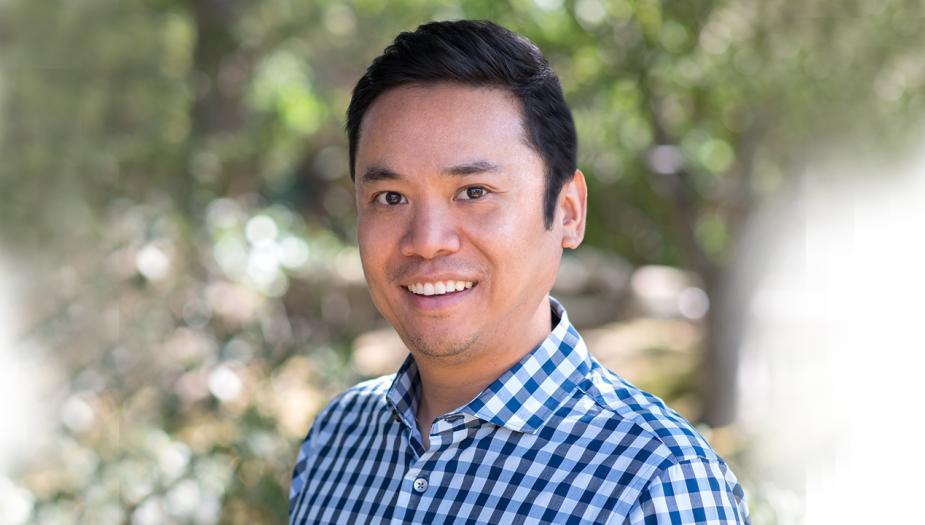
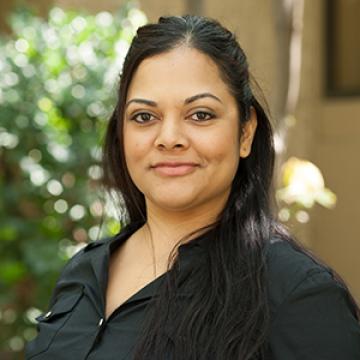

Supriya Bautista is a research operations analyst in the Edwin Manuel lab, Department of Immuno-Oncology, at City of Hope.


Nancy Danielle Ebelt, Ph.D. is Postdoctoral Fellow in the Department of Immuno-Oncology.
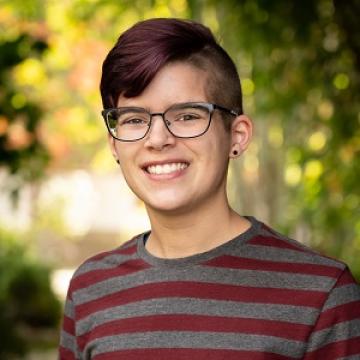

Vic Zamloot is a Ph.D. student at City of Hope’s Irell and Manella Graduate School of Biological Sciences.
- Edith Zuniga, B.S.
- Monica Marzagalli, Ph.D.
- Sachin Jadhav, Ph.D.
- Jeremy Chen, B.S.
These organizations are invaluable partners in our work towards progressing the development of new treatments in our specialized areas of cancer research.
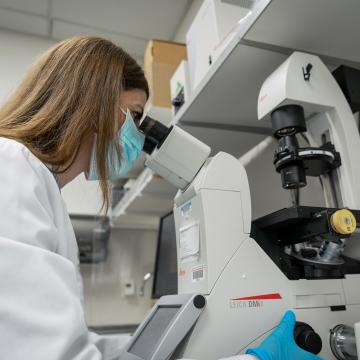
Ebelt N.D., Zuniga E., Marzagalli M., Zamloot V., Blazar B.R., Salgia R. and Manuel E.R.
Chiuppesi F., Salazar M.D., Contreras H., Nguyen V.H., Martinez J., Park Y., Nguyen J., Kha M., Iniguez A., Zhou Q., Kaltcheva T., Levytskyy R., Ebelt N.D., Kang T.H., Wu X., Rogers T.F., Manuel E.R., Shostak Y., Diamond D.J. and Wussow F.
Ebelt N.D., Zuniga E., Johnson B.L., Diamond D.J. and Manuel E.R.
Ebelt N.D., Zuniga E., Passi K.B., Sobocinski L.J. and Manuel E.R.
Phan T., Nguyen V.H., D'Alincourt M.S., Manuel E.R., Kaltcheva T., Tsai W., Blazar B.R., Diamond D.J. and Melstrom LG.
34.1293409, -117.971358
Duarte, CA 91010